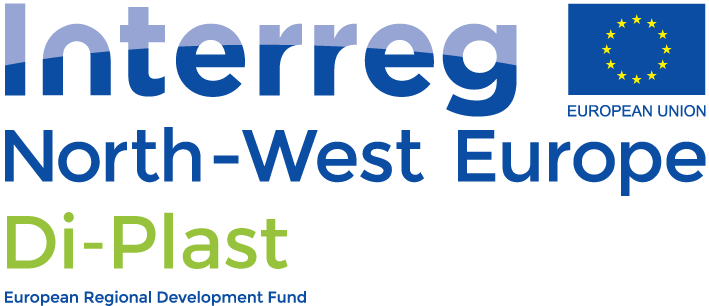Tool Description#
The Matrix Tool is an online web based tool which increases the use of recyclate (recycled plastic material) by matching converter requirements with recyclate supply. Since the tool connects the supplier with the converter, it is also known as "Interconnected Tool". The tool works in two directions:
1. It allows converters to easily select material that match their criteria and the criteria for their markets
2. It allows recyclate suppliers to check on the needs per segment and have their products ready for the converters
How it Works: If you are a converter and looking to find a recyclate, you need to put your desired specifications (polymer type, processing tehcnology, properties etc.) in the tool. The tool will then rank the available recyclates material based on your requirements. You can find your suitable recyclate from that stream. In addition, the tool also provides an alternative ranking. Converters also has the option to put their requested material sepcification. A Potential supplier can easily contact the respective converters if their recyclate match the market and the material specification.
Advantages of the Matrix Tool#
Explaination of Important Material Properties#
Impact Strength: Denotes the energy needed for brittle fracture of a material. The greater the value, the more resistant the material is to cracking upon impact. Impact strength can be measured via Charpy or Izod methods. Samples could be measured notched or unnotched. Notched values are lower than unnotched values due to the limitation of energy dissipation throughout the sample. Furthermore, the impact strength can be measured at different temperatures to predict impact behavior in different environments.
Strain at Yield: Denotes the percentage of elongation of the material at its maximum elastic point. The greater the value, the more the elongation and vice versa.
Yield Stress: Force the material can handle at its maximum elastic point. The greater the value, the more force the material can handle and vice versa.
E-modulus: Denotes the stiffness of the material. The greater the value the stiffer the material is and vice versa.
Vicat: Denotes the temperature at which the material softens.
MFI: Denotes the flow behavior of the material. This property is very important for processing technology.
Video#
Guidelines#
Before you are getting started, take a look at the guidelines and make yourself familiar with how to use the tool.
and make yourself familiar with how to use the tool.
Getting Started#
The tool is available at https://matrix.sis.cs.uos.de/login.xhtml . Please contact ??? to get access to the tool.
. Please contact ??? to get access to the tool.
